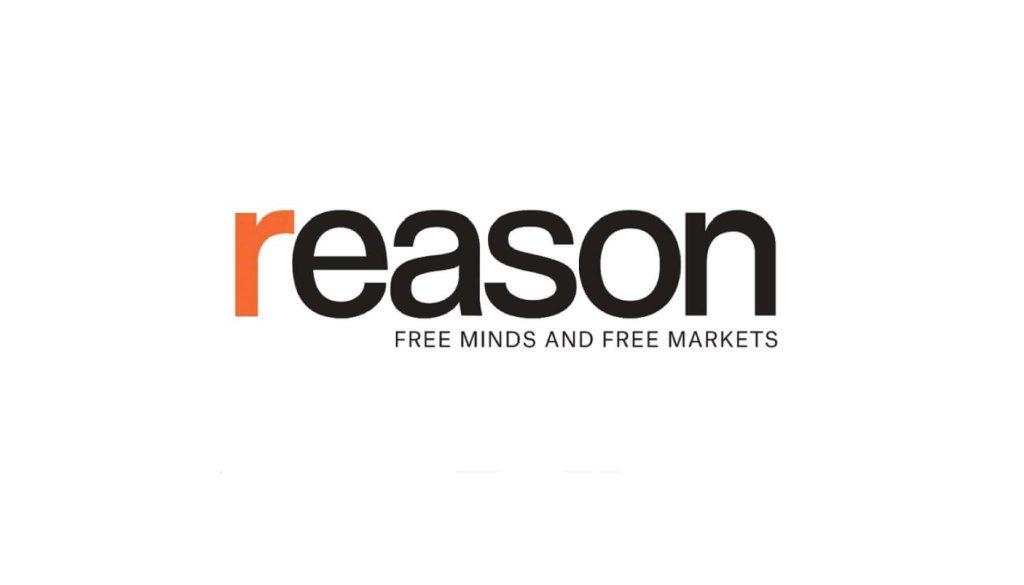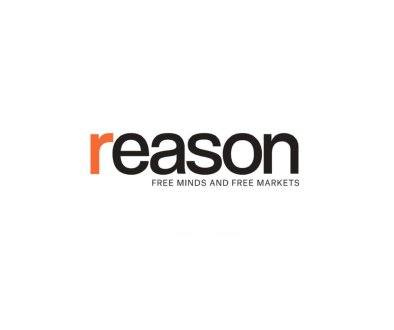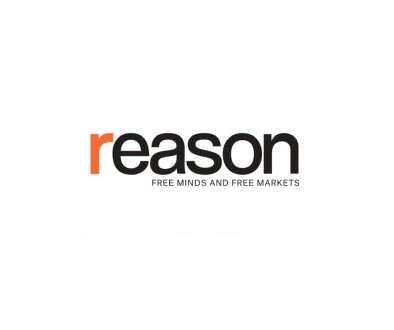The Coming Techlash Could Kill AI Innovation Before It Helps Anyone
The residents of New Braunfels, Texas, didn’t volunteer to help accelerate AI development. Their once quiet corner of the state now buzzes with construction crews building power plants to sustain data centers—industrial warehouses that could soon consume as much electricity as entire cities to power state-of-the-art AI models. Meanwhile, thousands of miles away in Irvine, California, scores of video game developers laid off by Activision Blizzard back in 2024 may still be still looking for their next gig as the entire industry sees AI take over more and more tasks leading to thousands of total jobs being cut.
These aren’t isolated incidents. They represent a small sample of an emerging public techlash that could derail AI development before the technology delivers on its most significant promises to revolutionize everything from education to health care.
Most Americans currently view AI as a threat to jobs and a strain on infrastructure, while tech executives make grand promises about revolutionary breakthroughs that often seem just out of reach. Only 17 percent of Americans believe AI will have a net positive impact on society over the next two decades, according to a poll conducted by the Pew Research Center. That’s not just skepticism about short-term disruption—it’s an indicator of distrust and, perhaps, opposition to the technology itself.
History shows what happens when powerful technologies lose public support due to isolated events and a pervasive fear-based narrative. The antinuclear movement of the 1970s effectively destroyed civilian nuclear power in America despite its potential for clean energy—an outcome many today regret. Opposition to genetic engineering has slowed agricultural innovations that could address food security and climate change. AI risks following the same path if the nascent AI techlash goes unaddressed.
The Mismatch Between Hype and Reality
Today’s AI systems can write computer code better than expert programmers, diagnose certain diseases more accurately than doctors, and analyze complex datasets faster than any human analyst. But these impressive technical achievements haven’t translated into felt benefits for most ordinary people.
Instead, AI development has focused on applications that primarily help corporations cut costs: chatbots that replace customer service workers, code generators that reduce the need for entry-level programmers, and automated systems that produce marketing copy and articles. These tools deliver value to companies while offering little direct benefit to the people whose jobs they eliminate or communities whose resources they consume.
The AI developers themselves are focused on pursuing artificial general intelligence (AGI), as shown by the fact that labs like Meta and OpenAI measure their models against benchmarks wholly disconnected from specific public policy needs. It’s relatively meaningless to most Americans if a model can generate a proof for a bespoke math problem. In contrast, a test of whether a model has a user interface that’s tailored to a diverse range of learning styles and cultural norms could drive labs to focus more on making models useful to everyday Americans.
The disconnect between the public interest and the incentives facing the labs and their core metrics is most jarring in the employment context. Job disruption disproportionately affects specific groups, often with little warning. Customer ser
Article from Reason.com

The Reason Magazine website is a go-to destination for libertarians seeking cogent analysis, investigative reporting, and thought-provoking commentary. Championing the principles of individual freedom, limited government, and free markets, the site offers a diverse range of articles, videos, and podcasts that challenge conventional wisdom and advocate for libertarian solutions. Whether you’re interested in politics, culture, or technology, Reason provides a unique lens that prioritizes liberty and rational discourse. It’s an essential resource for those who value critical thinking and nuanced debate in the pursuit of a freer society.



